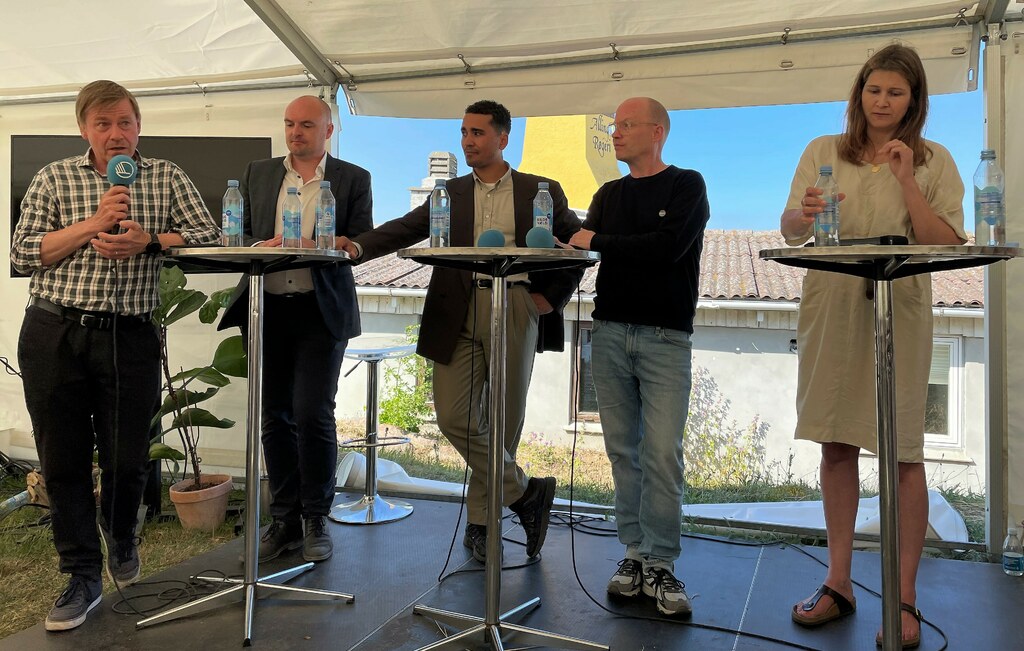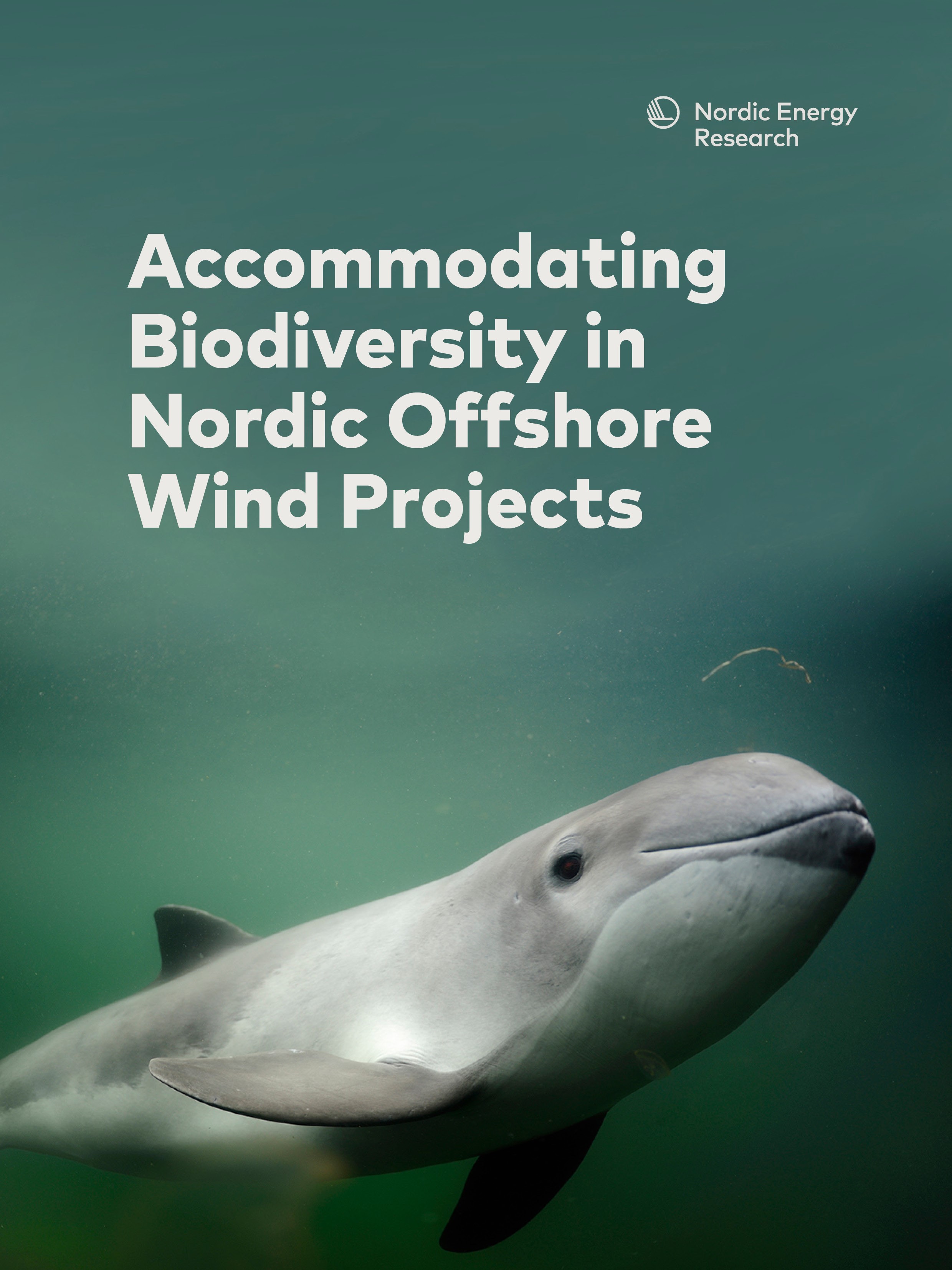
Do we prioritize energy and climate, or biodiversity?
What do we prioritize – energy and the climate, or biodiversity? This was the topical question on June 18th, as the event "Prioriterer vi energi- og klimakrisen eller biodiversiteten" took…
What do we prioritize – energy and the climate, or biodiversity? This was the topical question on June 18th, as the event “Prioriterer vi energi- og klimakrisen eller biodiversiteten” took place at this year’s Folkemøde on Bornholm, Denmark. Adviser Marton Leander Vølstad participated as panelist at the event, discussing ways of solving the climate crisis and the biodiversity crisis at the same time. Because really, it is not a question of prioritization, but of synergy, and “the ocean” is a clear keyword in these debates.

Building on experiences from the report Accommodating Biodiversity in Nordic Offshore Wind Projects, Marton discussed the three crucial and inevitably intertwined issues of energy, climate, and biodiversity. The relationship between these areas were in focus at the panel with Ole Lundberg Larsen, Deputy Director at the Danish Fishermen PO, Morten Dyrholm, Group Senior Vice President, Marketing, Communications, Sustainability, and Public Affairs at Vestas Wind Systems A/S, Rasmus Nordqvist, Member of the Nordic Council, and Henrike Semmler Lê, Senior Advisor, Ocean and Fisheries at WWF.
Key takeaways
“The medicine for the climate crisis should not kill the patient,” said Marton, as he highlighted the importance of developing offshore wind energy at a fast pace, but without haste. “It must happen quickly, but thoughtfully so that nature is not destroyed,” according to Marton.
Both Marton and Henrike argued that development and management of renewable energy sources at sea should be required to also improve biodiversity. One of the key takeaways from the panel discussion was that we should demand that offshore wind farms have both a plan and a budget for considering the impact on biodiversity. If a project has negative effects on nature, it should, for example, have a plan for compensating such effects.
Another remarkable point was the amount of top managers and industry organizations present at the event, which is a sign of how the problems at hand is not just a responsibility of politicians, but somthing we have to solve together.


